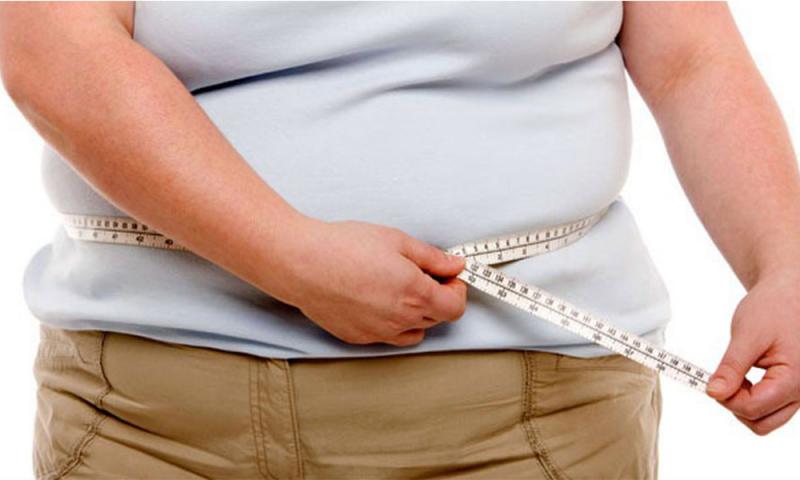LETTER | Bad eating habits can lead to obesity
LETTER | Obesity has reached epidemic proportions worldwide, with more than one billion adults overweight and at least 300 million clinically obese. With 64 percent of males and 65 percent of females being either obese or overweight, Malaysia has the highest rate of obesity or overweight among Asian countries.
According to the World Health Organisation (WHO), over a nine-year period from 2006 to 2015, the incidence of diabetes among adults aged 18 and above has risen from 11.6 percent to 17.5 percent.
Obesity does not happen overnight, but gradually over time, especially when you have bad eating habits or a poor diet. Overeating and imbalanced meals are parts of the bad eating habits of obese people in Malaysia.
Generally, all foods are permissible to be eaten moderately, be it a greasy or fatty meal as long as the proportion of the food is right. A balanced diet consists of proteins, carbohydrates, fats, and much more. Therefore, to have all these in every meal is a must.
However, people tend to eat big portions in addition to having so many imbalanced side dishes. Another bad eating habit of Malaysians is skipping breakfast. People often say they skip breakfast to lose weight but this is wrong. If they do that, it will have the opposite outcome: they will eat more during lunch because they are hungry. Overconsumption can lead to increased body fat, and eventually a huge increase in weight.
According to the Malaysia National Health and Morbidity Survey 2015, about 40 percent of Malaysians are physically inactive. This can become a serious problem because physical inactivity, or lack of exercise, may adversely affect your health.
We eat every day and take a lot of calories, and if we do not do some exercise once or twice a week, our body weight will increase.
Some people do not exercise because of heavy workload, some are too lazy and just want to lie on their bed while playing video games, and some are too shy to exercise in public.

Most obese people who are not interested in doing some form of exercise in their daily life do not realise that it can help to increase their metabolism rate and burn off their calories. When they are not active enough, the energy supplied by the food they eat will not be used, and thus the surplus energy will turn into fats, and make them obese.
In our daily lives, gadgets have become indispensable to the extent that we spend too much time on the screen. This can cause obesity.
We become inactive when we spend too much time staring at the screens. This can also make us weak because we do not build muscle through exercise.
According to the World Cancer Research Fund International, there is ample evidence that when children spend too much time on the screen, it can cause obesity.
A study conducted among Malaysians has found that netizens spend every 10 minutes or so on their smartphones. This addiction to social media has resulted in Malaysians becoming less active. This is very worrisome because one possible outcome is that future generation of Malaysians will become obese.
How then can we prevent obesity? You can start by drinking a large glass of water if you suddenly feel the urge to eat or crave a specific food. You wait for a few minutes. You might find that the craving for food fades away because your body might mistake your thirst for hunger.
Drinking water before meals can minimise this craving for food in middle-aged and older individuals and help with weight loss.
There are so many types of exercise that you can do in your leisure time such as cycling, running, swimming or dancing. Doing household chores such as gardening or washing cars can also help burn off your excess calories.
The views expressed here are those of the author/contributor and do not necessarily represent the views of Malaysiakini.
RM12.50 / month
- Unlimited access to award-winning journalism
- Comment and share your opinions on all our articles
- Gift interesting stories to your friends
- Tax deductable
